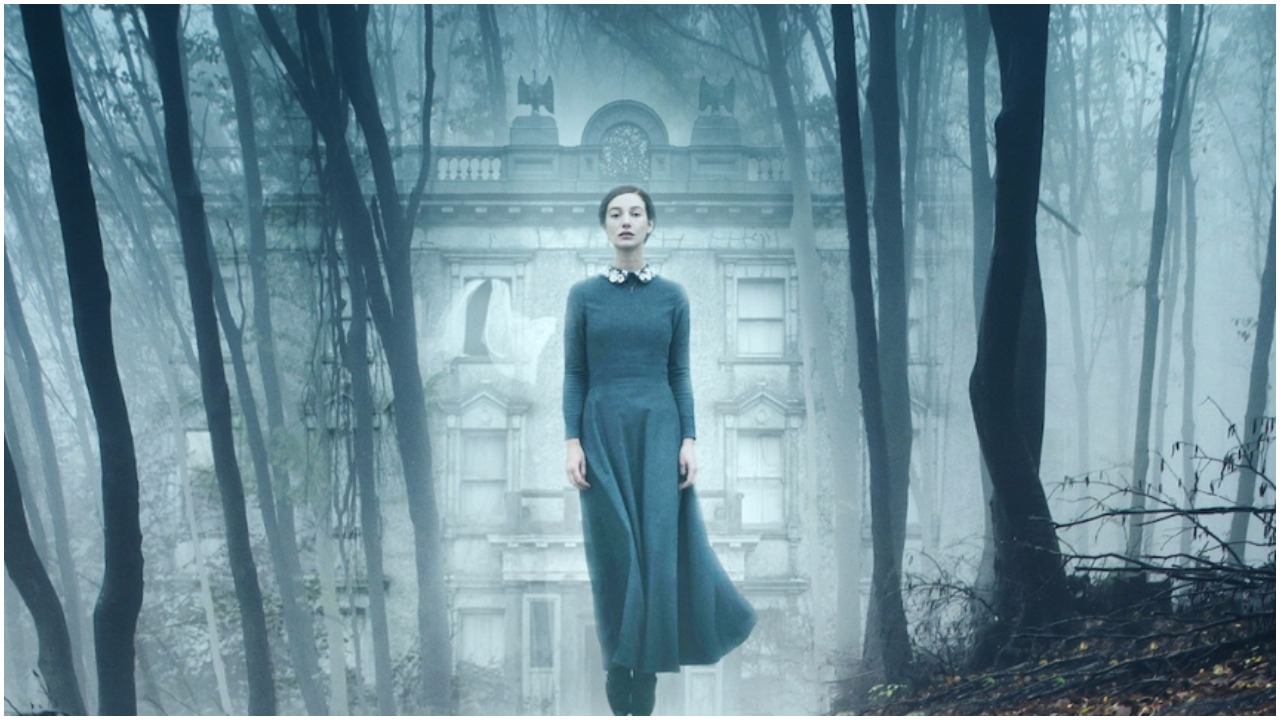“Saccharine”, interview with director Natalie Erika James
From Sundance to Berlinale, blending body horror and psychological thriller, comes Saccharine by Natalie Erika James
Listeners:
Top listeners:
 play_arrow
play_arrow
ENGLISH Channel 01 If English is your language, or a language you understand, THIS IS YOUR CHANNEL !
 play_arrow
play_arrow
ITALIAN Channel 02 Se l’italiano è la tua lingua, o una lingua che conosci, QUESTO È IL TUO CANALE!
 play_arrow
play_arrow
EXTRA Channel 03 FRED Film Radio channel used to broadcast press conferences, seminars, workshops, master classes, etc.
 play_arrow
play_arrow
GERMAN Channel 04 Wenn Ihre Sprache Deutsch ist, oder Sie diese Sprache verstehen, dann ist das IHR KANAL !
 play_arrow
play_arrow
POLISH Channel 05
 play_arrow
play_arrow
SPANISH Channel 06 Si tu idioma es el español, o es un idioma que conoces, ¡ESTE ES TU CANAL!
 play_arrow
play_arrow
FRENCH Channel 07 Si votre langue maternelle est le français, ou si vous le comprenez, VOICI VOTRE CHAINE !
 play_arrow
play_arrow
PORTUGUESE Channel 08
 play_arrow
play_arrow
ROMANIAN Channel 09 Dacă vorbiţi sau înţelegeţi limba română, ACESTA ESTE CANALUL DUMNEAVOASTRĂ!
 play_arrow
play_arrow
SLOVENIAN Channel 10
 play_arrow
play_arrow
ENTERTAINMENT Channel 11 FRED Film Radio Channel used to broadcast music and live shows from Film Festivals.
 play_arrow
play_arrow
BULGARIAN Channel 16 Ако българският е вашият роден език, или го разбирате, ТОВА Е ВАШИЯТ КАНАЛ !
 play_arrow
play_arrow
CROATIAN Channel 17 Ako je hrvatski tvoj jezik, ili ga jednostavno razumiješ, OVO JE TVOJ KANAL!
 play_arrow
play_arrow
LATVIAN Channel 18
 play_arrow
play_arrow
DANISH Channel 19
 play_arrow
play_arrow
HUNGARIAN Channel 20
 play_arrow
play_arrow
DUTCH Channel 21
 play_arrow
play_arrow
GREEK Channel 22
 play_arrow
play_arrow
CZECH Channel 23
 play_arrow
play_arrow
LITHUANIAN Channel 24
 play_arrow
play_arrow
SLOVAK Channel 25
 play_arrow
play_arrow
ICELANDIC Channel 26 Ef þú talar, eða skilur íslensku, er ÞETTA RÁSIN ÞÍN !
 play_arrow
play_arrow
INDUSTRY Channel 27 FRED Film Radio channel completely dedicated to industry professionals.
 play_arrow
play_arrow
EDUCATION Channel 28 FRED Film Radio channel completely dedicated to film literacy.
 play_arrow
play_arrow
SARDU Channel 29 Si su sardu est sa limba tua, custu est su canale chi ti deghet!
 play_arrow
play_arrow
“Conversation with” at the 20th Marrakech IFF, interview with actor Willem Dafoe Bénédicte Prot

PODCAST| Angelo Acerbi interviews Brian O’Malley, director of the film The Lodgers.
Brian O’Malley tells us all about his new film, a gothic tale set in rural Ireland. A new territory for him after his previous film Let Us Prey, that was more of a classical horror film. A script that enticed him, which he worked on changing a little but moulding the atmosphere in a way that it keeps you hooked.
The Lodgers: Ireland, the 1920s. Edward and Rachel are a couple of orphaned twins who live in their family’s decrepit estate. Even though they are in a remote place, they are not alone. There are sinister presences in the house that strictly regulate the twins’ lives by imposing three simple rules they must never break. Rule one: Edward and Rachel have to be in bed with the door shut by midnight. Rule two: no one can cross the hedges and access the house. Rule three: the twins can never leave the house for good. Breaking one of the rules would anger the spirits of their ancestors. Just before their eighteenth birthday, Rachel meets a young war veteran and feels immediately drawn to him: he represents a chance to escape the family curse. But Edward doesn’t take kindly to the turn of events and slips into madness. His sister will have to confront the supernatural presences by herself if she wants to finally be free.
Written by: fredfilmradio
After Hours Angelo Acerbi Brian O'Malley The Lodgers Torino Film Festival
Guest
Brian O'MalleyFilm
The LodgersFestival
Torino Film FestivalNo related posts.
From Sundance to Berlinale, blending body horror and psychological thriller, comes Saccharine by Natalie Erika James
todayFebruary 26, 2026 5
FRED Film Radio joins the many voices across the international film community in expressing its support for Tricia Tuttle and for the Berlinale, one of the world’s most vital spaces for cinematic dialogue and cultural exchange. As a media platform …
With "Isabel", Gabe Klinger finally shoots a film in his city São Paulo and his country Brazil.
Park Chan-wook will preside over the Jury at the 79th Festival de Cannes, marking a historic first for Korean cinema.
© 2023 Emerald Clear Ltd - all rights reserved.